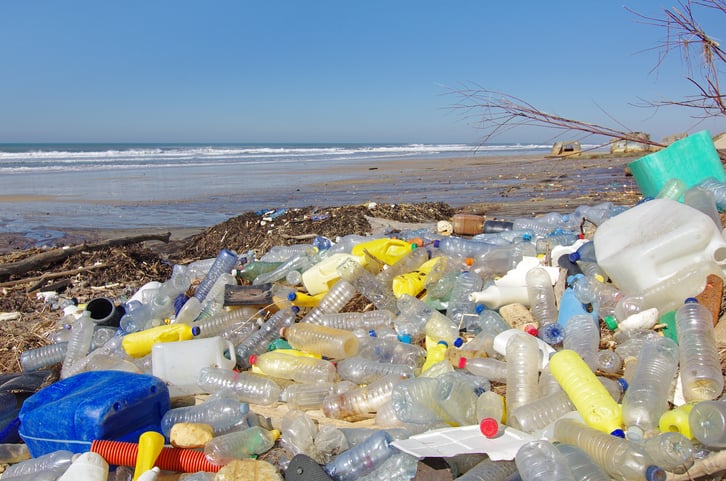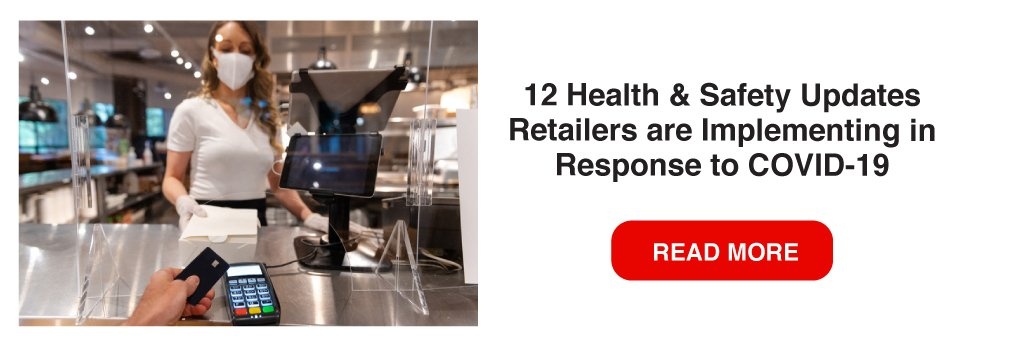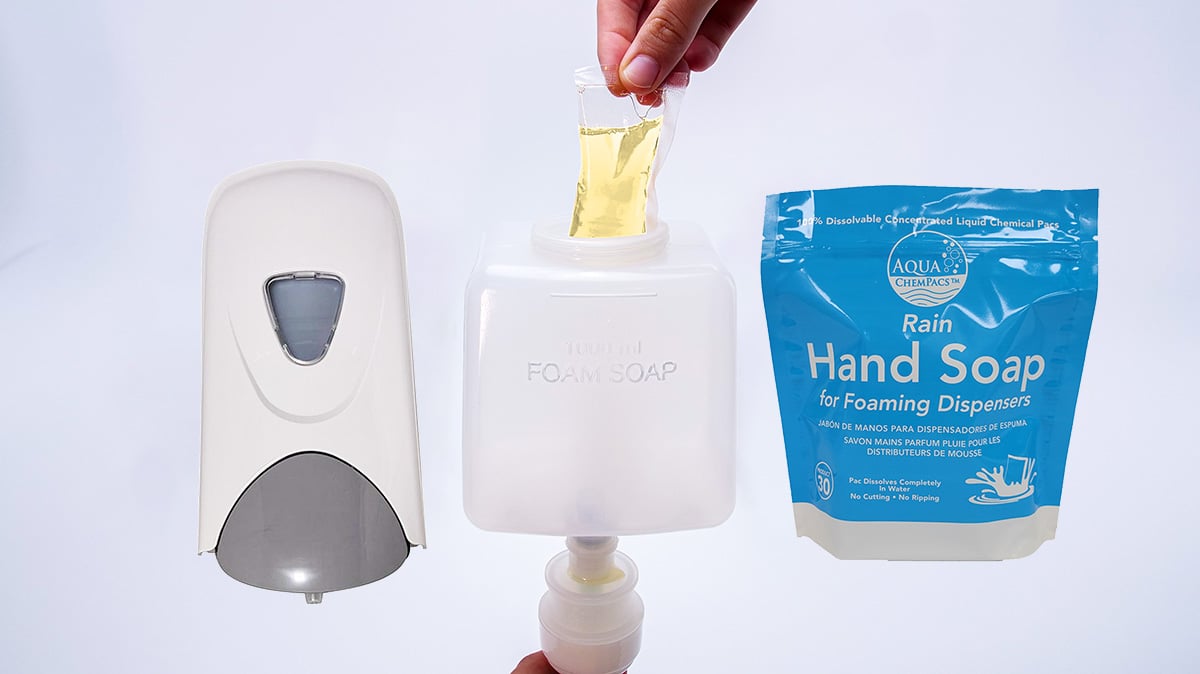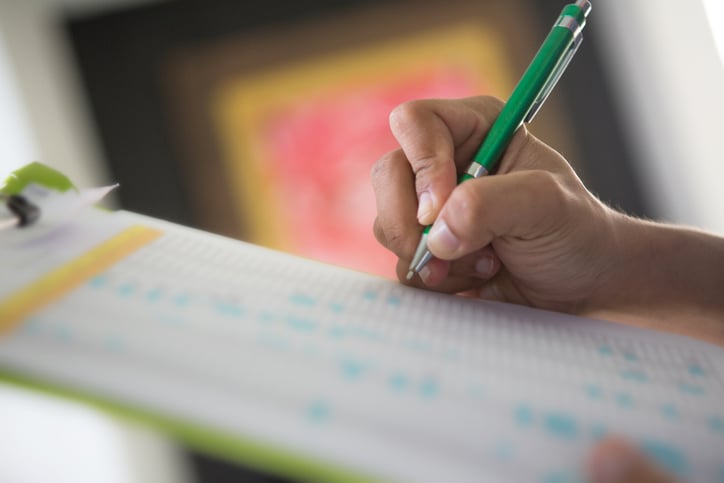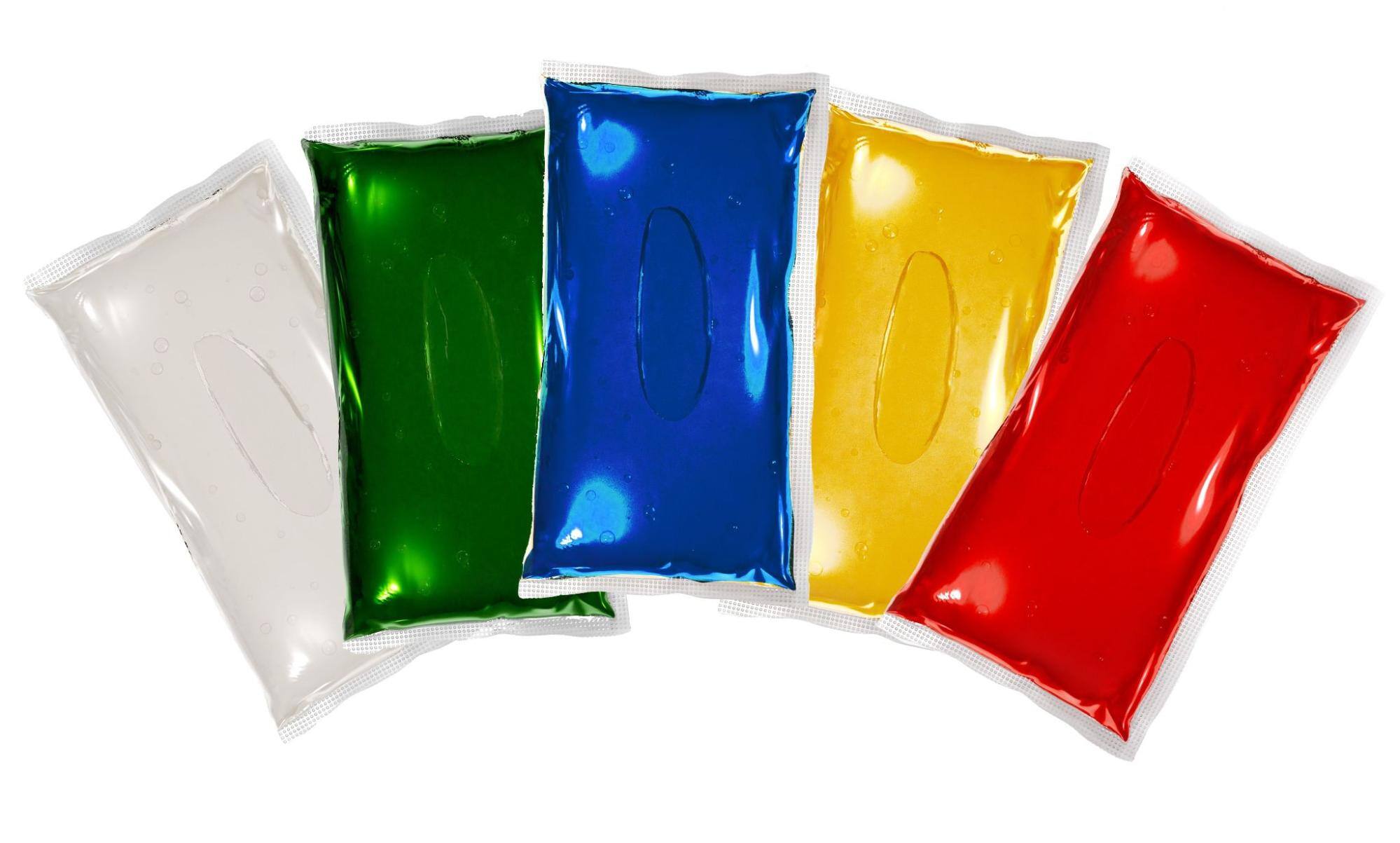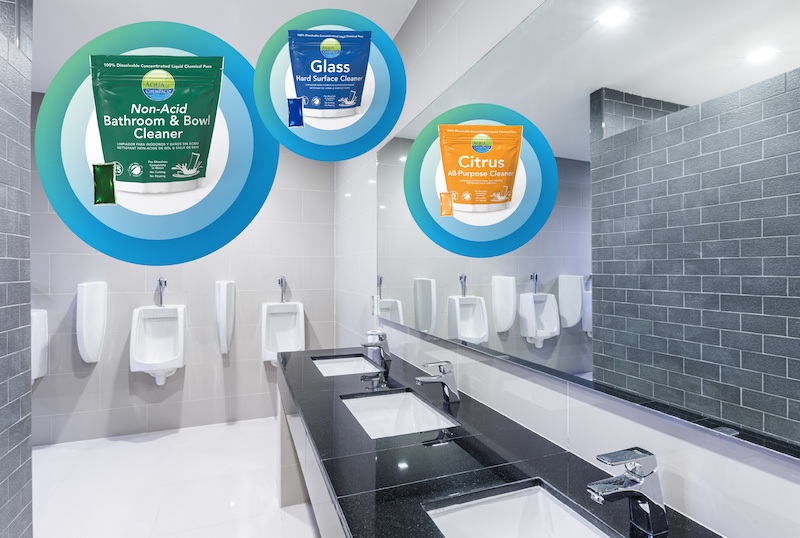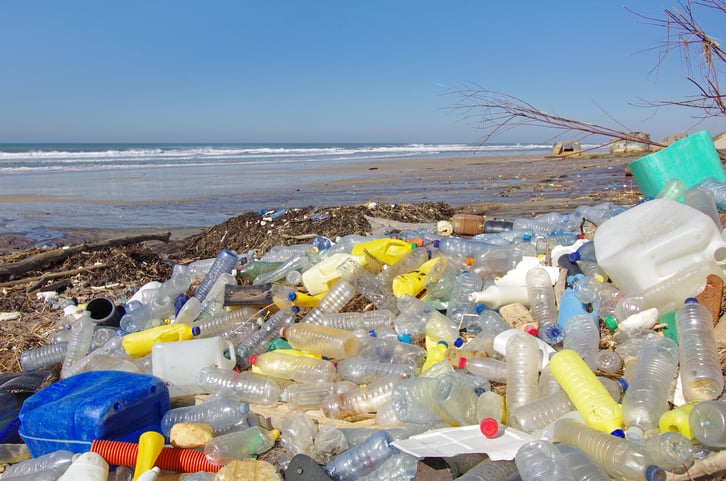
91% of all plastics are not recycled.1 That waste is accumulating in landfills or in the natural environment, often ending up in the world’s oceans. A large component of plastic waste, plastic bottles take more than 400 years to degrade.
When we talk about plastic waste, and specifically plastic bottle waste, what comes to mind first? Most likely it’s water and soda bottles. These are a huge source of plastic bottle waste, but they are not the only one. Plastic bottles from non-reusable cleaning products also contribute an enormous amount to the world’s landfills and oceans.
There are two main points of emphasis in combating all of this plastic waste:
- What can we do about plastic waste once it’s created? (re-use and recycling), and
- How can we minimize plastic production in the first place?
Some individuals and companies are doing their parts on both of these fronts, but there is still much more work to be done. The problem is not going away either. Each year we’re pumping out more and more plastic products, and something has to give.
As Roland Geyer, the lead scientist on a recent study on global plastic pollution put it in an interview with National Geographic, “We as a society need to consider whether it’s worth trading off some convenience for a clean, healthy environment [...] For some products that are very problematic in the environment, maybe we think about using different materials. Or phasing them out.”
Perhaps it’s time that, similar to disposable plastic water bottles, we look to phase out some of our out-dated practices around cleaning too.
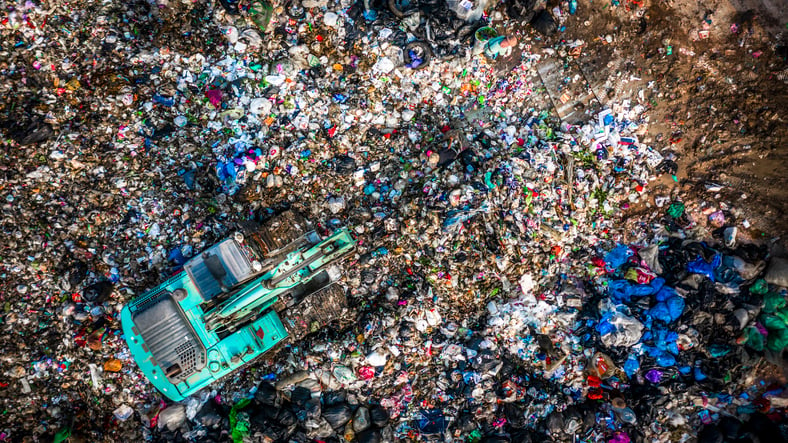
--
At Aqua ChemPacs, one of our core missions is to deliver safe and sustainable cleaning products to prevent excessive plastic waste ending up in landfills and oceans. Each time an Aqua ChemPac bottle is reused with another water-soluble cleaning pac, that’s one less bottle reaching a landfill. In the last year alone, we have prevented 7 million bottles, or 1,323,000 pounds of plastic waste, from reaching landfills.
How to Transport 517,500 Quarts of Cleaning Solution (an example)

517,500 quarts worth of cleaning solution packed into jars of concentrated ChemPacs can be transported in just one truckload. 517,500 quarts worth of traditional premixed cleaning solution requires 38 truckloads to move. The ChemPac technology in this case represents a carbon footprint savings of over 97%.
Not only are you saving thousands of gallons of gasoline, by reusing the bottles and employing an efficient and modern system, you’re preventing frivolous plastic waste as well.
As more and more companies are reevaluating their cleaning products and associated supply chains in the wake of the global pandemic, it's time we all do our part to build a better and more sustainable future.
Sources/Additional Reading:
- https://www.nationalgeographic.com/news/2017/07/plastic-produced-recycling-waste-ocean-trash-debris-environment/
- https://www.nationalgeographic.com/environment/2019/08/plastic-bottles/
- https://www.epa.gov/facts-and-figures-about-materials-waste-and-recycling/plastics-material-specific-data
More from Aqua ChemPacs:
